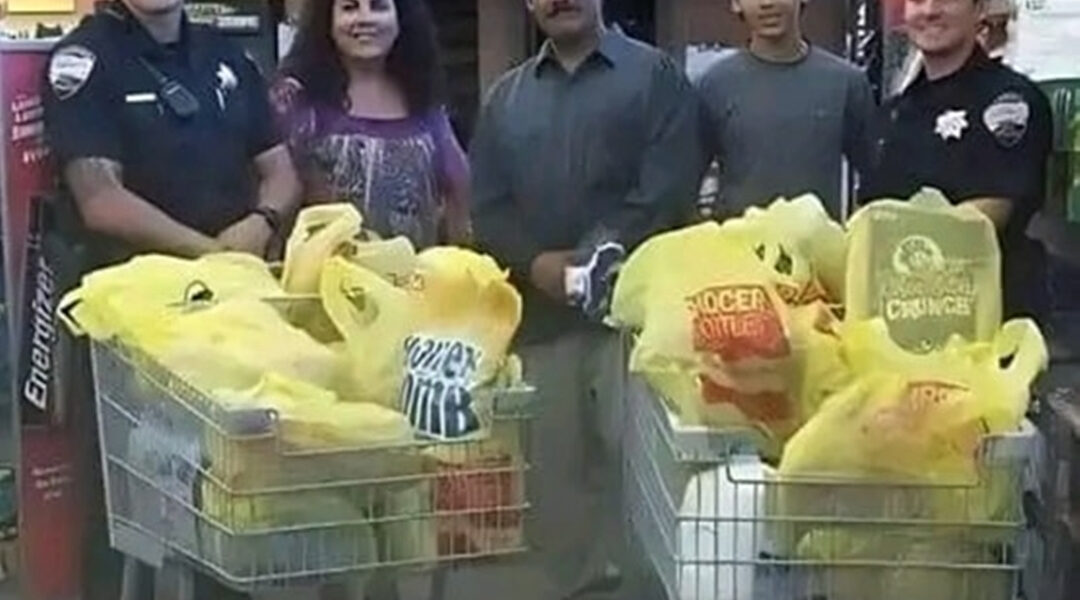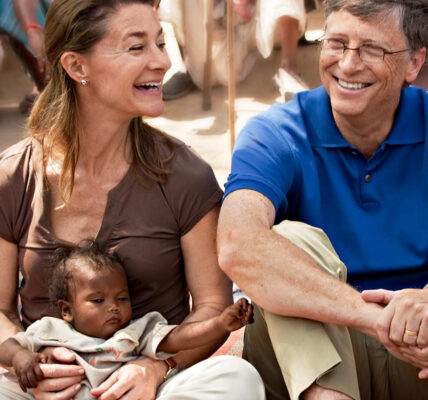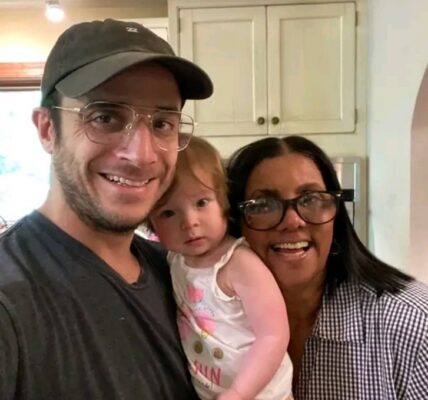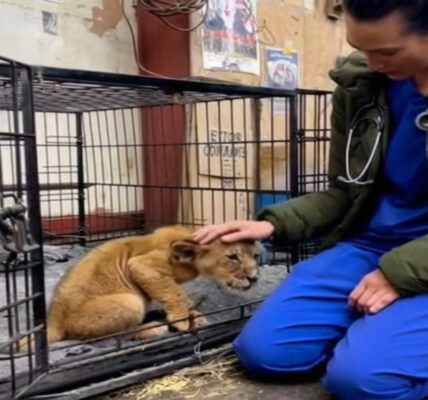
At the Hanford Grocery Outlet, we see many faces come and go. Some are regulars who greet us by name, some are strangers passing through. And then there is Zeke.
If you’ve worked here long enough, you know Zeke. He is a familiar presence in our store—a man making his way through life the best he can, often with a warm smile and, more often than not, a tray of homemade tamales.
He sells them to employees when he can, using the money to support himself and his family. Those who have tasted his food know the truth: his tamales aren’t just good—they’re delicious.
But Zeke’s story isn’t really about tamales. It’s about resilience. It’s about finding ways to keep going when life doesn’t give you many options. And most of all, it’s about the quiet dignity of a man who chooses to work hard, even in unconventional ways, rather than give up.
Today, however, Zeke’s routine took an unexpected turn. Someone reported him to the police.
When the officers walked into our store, tension followed. For a moment, the air grew heavy, filled with the uncertainty of what might happen. Would Zeke be reprimanded? Escorted out? Punished for trying to survive in the only way he knew how?
But what happened next was something none of us will forget.
One by one, the employees spoke up. Our voices rose in defense of Zeke—not just as a customer, but as a man we knew to be kind, respectful, and good-hearted. The owner of our store, Jared, stood firmly with us, adding his support. It was clear: Zeke wasn’t a criminal in our eyes. He was a neighbor, part of our community, someone deserving not of judgment but of compassion.
The officers listened. They saw the sincerity in our words, the way we stood shoulder to shoulder for this man. And instead of turning the moment into something cold or punitive, they chose humanity.
They told Zeke to pick out some groceries—essentials for himself and his family. And then, to everyone’s amazement, the officers paid the bill.
But that wasn’t the end of it.
Other customers, watching the scene unfold, began to step forward as well. One after another, they added to the gift, pulling out their own wallets to help cover more of the cost. What started as an uncertain encounter became a wave of generosity, each act of kindness sparking the next.
Zeke stood there in quiet gratitude, overwhelmed by what was happening. For a man so often overlooked, so often pushed to the margins, this was a moment of being seen. A reminder that kindness still exists, that compassion can show up when least expected, and that sometimes communities rally in ways that restore your faith in people.
As I watched all of this unfold, I couldn’t help but feel moved. It struck me that acts of kindness are rarely planned or rehearsed. They come in moments—raw, unscripted, born from instinct. And they are done not for recognition or praise, but simply because they are the right thing to do.
This wasn’t just about groceries. It wasn’t just about tamales. It was about dignity. It was about a man who had been reported to the police, only to walk away not in shame but with arms full of food and a heart full of gratitude. It was about officers who chose compassion over punishment. It was about strangers who turned into helpers, proving that generosity multiplies when people choose to act.
In that small grocery store, for a few unforgettable minutes, we saw the very best of humanity.
So here’s to Zeke, whose quiet determination reminds us of resilience. Here’s to the Hanford Police Department, for recognizing the power of kindness. And here’s to the customers who gave without hesitation, showing us all that compassion is contagious.
Because sometimes, the smallest acts—the gift of a meal, the purchase of groceries, the decision to step forward when someone is in need—are the ones that change everything.
And long after the details fade, we’ll remember this: a community came together, and one man walked out not just with food, but with his spirit lifted by the power of love and solidarity.




